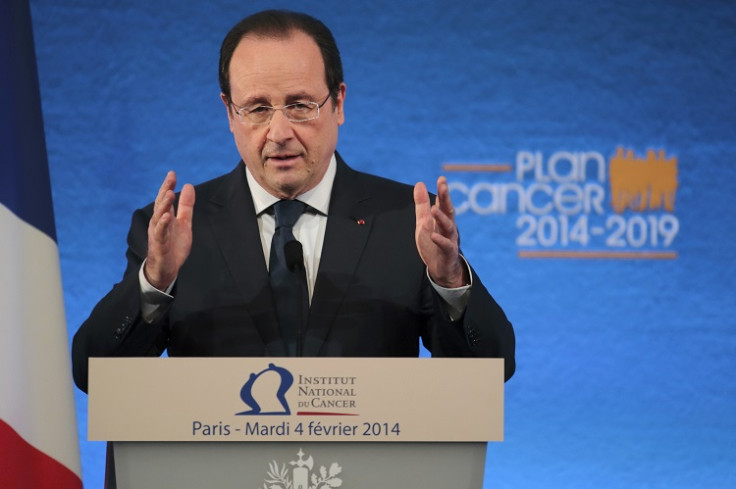Ex-BoE Economist Andrew Sentance says France Poses Greatest Risk to Eurozone Stability

France now poses a greater risk to the stability of the Eurozone than any other member state, according to a leading UK economist.
Former Bank of England monetary policy committee member Andrew Sentance said he now categorises France alongside the struggling southern European economies of Spain and Italy, blaming Francois Hollande's failure to introduce "vital economic restructuring".
Speaking at the British Library today, Sentance said that France had failed to adapt to the "new normal" of global economics.
Post-financial crisis, the availability of cheap capital and imports has diminished, partly due to rising production costs in China and increased banking regulation.
In other words, factors which were previously considered tailwinds have now become extreme challenges for western economies, resulting in a need to increase competitiveness and generate domestic consumption.
France has done neither of these, said Sentance.
Yves Zlotowski, chief economist at French insurer Coface, stopped short of lumping the French in with the Mediterranean economies, but agreed that the country has stagnated and that if it wishes to recover, it will need to face two years of "extreme pain".
"Historically France has been reliant on strong consumption; this is what saved it after the [2008] crisis. But that is slowing down now from the historical average. There is high unemployment and political problems. French people are being more prudent. On the supply side, the base of companies is shrinking. There are now 64,000 French companies going bankrupt each year," Zlotowski said.
Spain, he said, is showing signs of recovery, while France is in a "slowly eroding situation".
Exports are also failing to pick up, with France's high unit costs – as high as export-leader Germany's – making goods uncompetitive abroad.
France president Francois Hollande has attempted to introduce some reforms. In January, he promised to cut €30bn from payroll taxes in an effort to get French companies hiring again.
However, given that the president was elected on a socialist ticket, some analysts warn that he does not have the mandate to instil what is, essentially, a fiscally-conservative policy reform.
"The government reform is a step in the right direction, but it was not elected to take on this kind of reform," Zlotowski said, pointing out that the French people seem unwilling to accept the requisite "pain" required to push the reform forward.
© Copyright IBTimes 2025. All rights reserved.






















